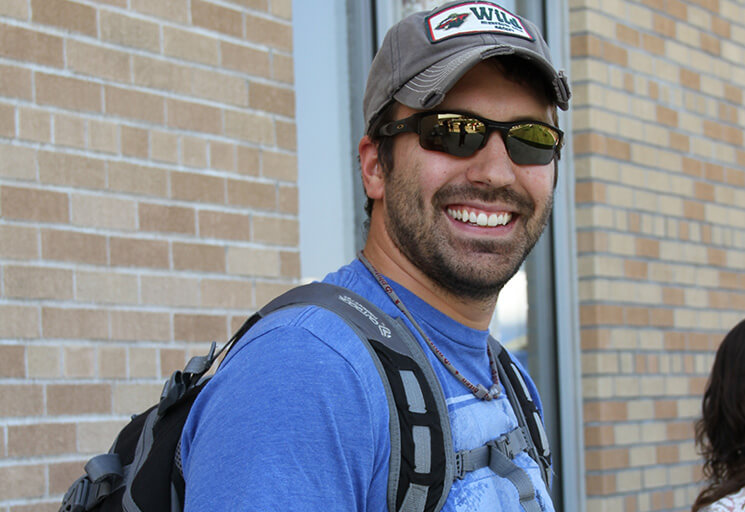Transferring from a Two-Year College to a Four-Year Takes Careful Planning

So you’ve made the decision to “start here and go there.” That is, you see the advantages of starting your college education at a technical or community college and transferring to a four-year university to complete your bachelor’s degree. It’s a strategy many people find effective, giving them an opportunity to save thousands of dollars and begin college close to home.
But it is a strategy that can go awry without careful planning and an understanding of how and when transferring from a two-year to a four-year school works. Here are some important tips to keep in mind:
Research your choices
You will need to make some important decisions to get the most out of your college plans, starting with a decision on where to start your education. That involves a multitude of factors that school counselors, parents, friends, and college recruitment advisors can help you with. Once you’ve picked a college and a program, it’s time to start thinking about your eventual transfer destination.
It is helpful, but not essential, to know where you would like to finish your bachelor’s degree before you enroll and register for classes at the two-year college. But it is important to know what your choices will be from the start.
Learn about “articulation agreements,” a term colleges use to describe the agreements they’ve made to transfer credits from one college to another. Ask advisors at the two-year college you choose about the articulation agreements the school has with four-year universities. This information will let you know your choices for transferring your technical or community college credits. Without such an agreement between the schools, you may find that few, if any, of your credits will transfer.
Learn more about the partnership agreements between CVTC and local universities.
Plan ahead
The sooner you make the decision of your transfer destination, the more effective your strategy will be. If you know before you register for your first classes at the two-year college, you will be able to maximize the number of credits that will transfer.
Pay particular attention to the articulation agreements your two-year college has for general education or liberal arts classes. You will end up taking most, if not all, of the classes for your bachelor’s degree program at the four-year school. Most of the credits you transfer will be to cover the many general education credits you will need to earn a bachelor’s degree. Register for classes at the two-year college that you know will transfer to your destination school.
Also research the admission requirements at your destination school. Do you need to maintain a certain grade point average at the two-year school to gain admission to your program at the four-year? Will the four-year school still require an ACT or SAT score? What other admission requirements does the school have?
Finish what you started
Yes, you can transfer to the four-year school after just one year, or even one semester, at the technical or community college. But your best strategy is to finish what you started and earn an associate degree at the two-year school. You may even be able to do it in less than two years if you earned enough college credits while still in high school.
Besides the money you’ll save by earning as many transferrable credits as you can at the two-year school, there is the advantage of having the associate degree. It has value in the job market and it could be an extremely important degree to hold should unexpected life circumstances delay your plans to earn a bachelor’s degree. And research shows that students who hold a degree from a technical or community college have a greater success rate at a four-year school than transfer students who did not finish the degree.
Stay in touch with advisors
Requirements for academic degrees can change and schools are continually making new articulation agreements. Don’t assume that what you learned in the research you did before you started your two-year program will hold true for your entire educational experience. Keep track of changes by visiting with college counselors and advisors regularly.
Apply early
Don’t let filled-up programs or classes delay your plans to finish your bachelor’s degree in four years. Apply to your destination school at the earliest opportunity. Finishing in four years takes careful planning.


